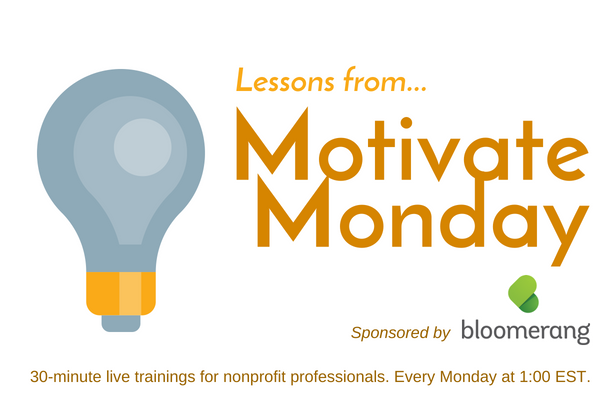
What does your nonprofit need to be compliant in the eyes of the law?
Last year, when Brock Klinger, Account Executive and Team Leader over at Harbor Compliance, joined us for a Motivate Monday session. Harbor Compliance provides the tools that organizations need to manage their compliance. Brock has experience working with organizations to ensure they’re compliant, including nonprofits. Clients include Big Brothers & Big Sisters of America, Heifer International, and Partners in Help, just to name a few. But he’s also worked with smaller organizations and start-ups, too. Over the course of a power half hour, Brock gave us the lowdown on nonprofit compliance at the state level, helping newbies gain insight and offering seasoned pros a timely refresher.
You want to ensure that your nonprofit is compliant so that they can engage in charitable solicitation without fear of breaking any laws, and so that you can sleep at night. What is charitable solicitation? It’s asking for donations, which is the act of fundraising. What is compliance? It’s meeting the various state and IRS requirements that allow charities to fundraise. Generally, charities are required to register with the state before they begin soliciting, and 41 states have these requirements. See, it’s really not about the donations received. It has to do with the act of asking for money.
But what about compliance in online fundraising? Because online fundraising is something most nonprofits do, and because many are uncertain as to how compliance works here, Brock and the folks at Harbor Compliance receive a lot of questions about it. Did you know that slapping a donate button on your website means you’re actually soliciting nationwide and that you’d need to register with all 41 states? Do you receive donations through various social media channels and then follow up with those donors? You’re triggering state registration requirements, and your level compliance should reflect this.
So how can you handle these online scenarios? By either registering an application or filing an exemption in all 41 states, or refusing to accept online contributions from states in which you aren’t registered. If you have the resources and budget, the first solution makes the most sense, but a smaller organization may be best suited to the second option. Register in as many states as resources allows, and include specific language on your website that indicates which states are excluded, meaning your nonprofit cannot accept donations from these states.
Check out the presentation in full below. Online fundraising is second on Brock’s list. There’s a lot of useful information here, and Brock presents it in a way that’s accessible. And, for an even more in-depth overview, schedule your free webinar with Harbor Compliance by clicking here.
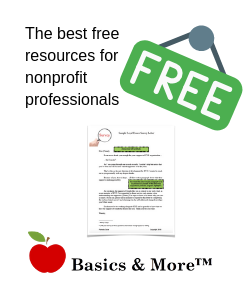

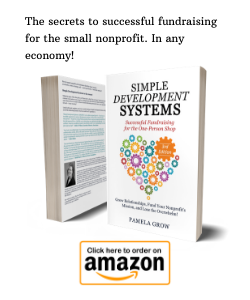
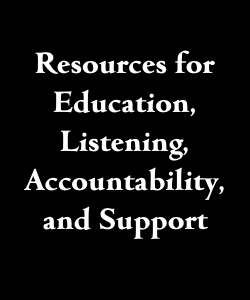



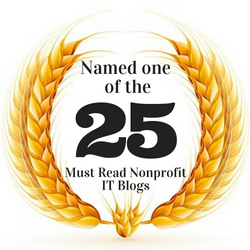






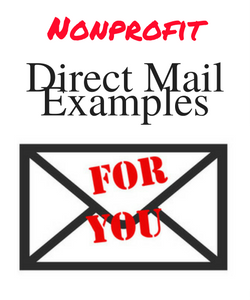
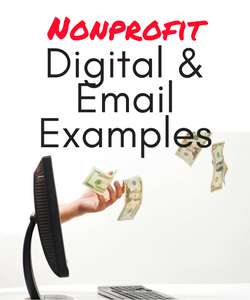

 I can’t wait to meet with you personally.
I can’t wait to meet with you personally.
Comments on this entry are closed.